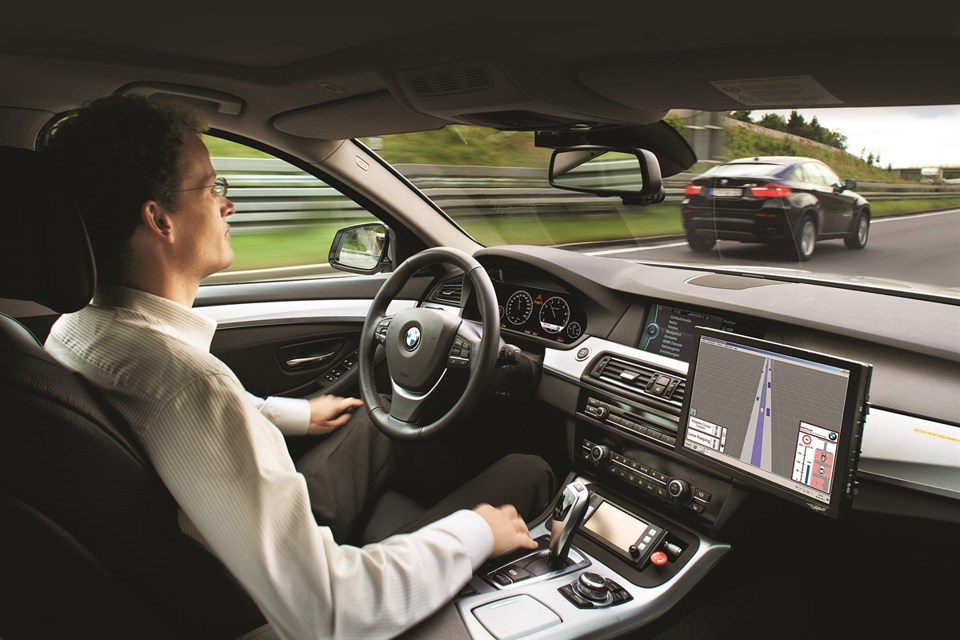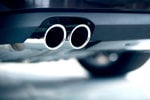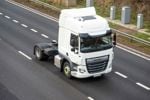More than a quarter of motorists (26%) would feel comfortable enough being driven by a car with autonomous technology to sleep while travelling, according to research by Whatcar.com.
Other activities which came high on the list of preferred activities while allowing the car to pilot itself included chatting to fellow passengers, browsing the web and even watching television.
Nearly a third (32%) of the 900 respondents said motorway journeys would be the best on which to have a self-driving car.
In addition, 18% cited city driving as an appealing option for autonomous control, while almost half (49%) said they would relinquish control in a traffic jam.
More than half of new cars sold already have autonomous safety technology on board and several manufacturers, including Ford and BMW, are working on driverless vehicles.
Nissan and Renault stated their aim to get at least 10 fully autonomous cars on the road by 2020 earlier this year.
Overall, the study found that the majority of drivers still do not trust the technology behind autonomous vehicles.
Almost half (45%) said they found the idea of a car that is capable of taking over the entire driving process very unappealing, while more than half (51%) said they would feel unsafe or very unsafe behind the wheel of a self-driving car.
The biggest concern among drivers was that an autonomous car would not be able to avoid an accident, with a third (34%) citing that as their biggest reservation. However, nearly as many (30%) said that their biggest worry was about losing the enjoyment of driving.
Jim Holder, editorial director at Whatcar.com, said: “It’s clear that autonomous cars have a way to go before the concept is truly adopted by the motoring public.
“Half the drivers we talked to would feel happiest allowing their car to take over in a traffic jam, when the risk is minimal, while hardly any of them would feel safe letting their car guide them along urban and country roads.
“So it’s perhaps a surprise that so many would feel all right about being piloted down some of the fastest roads – and then even more of a shock that so many would feel able to take a nap.
“The increasing availability of technologies like blind spot monitoring, automated emergency braking and radar-governed cruise control is slowly turning people around to the idea of self-driving cars but, even so, only just more than one in 10 believes we will see entirely autonomous vehicles on the road by 2020."


















Kevin - 21/04/2016 08:42
I assume that the reserach was carried out in economically develpoed countries with litertate drivers, where the technology would be supported by the infrastructure and drivers could afford the vehicles. With reagrd to the rest of the world I assume they would just have to put up with the old traditional hand driven cars and all that goes with them. Autonomous cars seem to be being aimed at the wealthy countries. Can you honestly see selfdrive cars on the back roads in Malawi and the like.